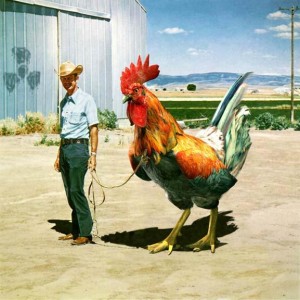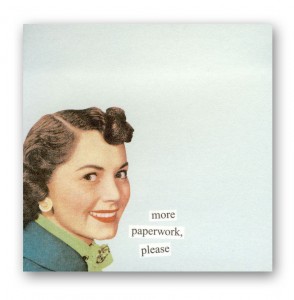My favorite response to my announced plans to spent the last two weeks in and around Abkhazia came from a guy I work with: “say hi to Borat for me.” It’s funny, of course, because Abkhazia is nowhere near the real place that the fake Borat supposedly came from. But it is a gentle reminder, which I often need, that people in the west neither know nor really care about small, damaged places like Abkhazia. I need that reminder because otherwise I find myself talking with a lot of excitement and spittle about those places in inappropriate venues, such as PTA meetups, cocktail parties, and meetings with editors.
The short version of Abkhazia, which I just came back from over the weekend, is that they won their war and then lost the peace. So they are de facto independent, yet shunned and struggling. It looks like the war, which ended in 1992, ended yesterday. There is very little work, abandoned homes are everywhere (many still with bullet holes pocking the plaster), and every man I asked about it said they have at least a handgun and an AK47 at home (some even have M16s looted from retreating Georgian troops in the Khodori Gorge in 2008). All of that for a place that could actually be quite blessed, wedged between the warm Black Sea shore and green mountains with white peaks. It is like Cuba, as I told my wife after I got back, without the smiles.
I’ve got some ideas about who is to blame for their long troubles, but I’ll leave those for the article I’m writing about the place in a few weeks. For DadWagon, it seems most relevant to say that once again I am awed by the many seemingly terrible places where children manage to grow up and survive and sometimes even thrive.
There are, I’m sure, residual damages for the kids in Abkhazia. Twenty years after the end of the war, we heard time and again that the youngest generation was even more nationalist than the generation that had fought so savagely for independence. War doesn’t just wash off in a generation. And then there’s the poverty. Everyone talked about the lack of jobs, the high drug use. Facilities are crap: A schoolhouse we visited in the ethnically Georgian southern district of Gal was half occupied and half abandoned. The teacher there said they needed textbooks, supplies, and more, that everything they had was donated from WorldVision and UNICEF.
But even that school was sending some students to college, either in the Abkhaz capital of Sukhum or in the nominal enemy’s capital, Tbilisi. And we met people who are smart and high-functioning even though they grew up not just in Abkhazia, but during the war, when irregulars on both sides were stringing the ears of their enemies onto necklaces.
I’m still jetlagged. I’ll write more about this later, I think, and post a few more pictures. But sometimes I think it’s all just a lark, this idea of parenting well. There are kids attending to my son’s $20k-a-year Montessori who are going to be extremely fucked up and malcontented adults. My son could be one of them. And there are kids who are growing up in the mossy squalor of some small Black Sea ethnic enclave who will grow up to be happy and successful. I don’t mean to trivialize the need to have access to clean water and security and safety. But once those barest minimums are covered, maybe the children are just going to be who they are going to be, and all our daily interventions and niggling corrections are just warring without purpose.




